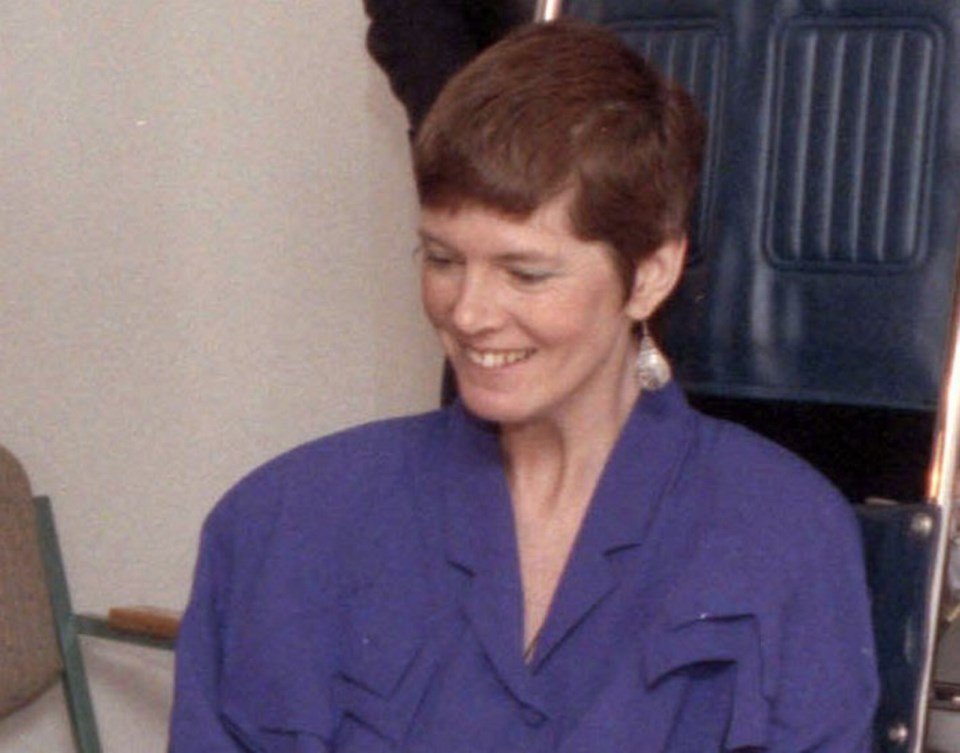Two per cent of dying individuals on Vancouver Island chose medically assisted deaths in the first six months after it was made legal and the rate is climbing, according to a case review.
Data collected for the period from June to December 2016 shows there were 72 medically assisted deaths in patients aged 49 to 96, according to the report in the B.C. Medical Journal. Patients were balanced in terms of gender; of the 72 cases, 47 were males and 35 were females.
Most patients chose their homes for such deaths (64 per cent), followed by acute care hospitals (21 per cent), hospice (12 per cent), and residential care (three per cent.) Island Health and other health authorities have developed policies for admission to hospital specifically for medical assistance in dying (MAID) when patients can’t access such assistance where they live.
Most controversially, many faith-based hospitals and residential care facilities do not permit MAID and insist on transfers. Article co-author Dr. Jonathan Reggler resigned from the ethics committee of St. Joseph’s General Hospital in Comox because of the hospital’s prohibition on MAID.
The majority of patients in the case review had cancer (57 per cent), followed by organ failure (25 pr cent), neurodegenerative diseases (11 per cent), and other unspecified conditions (seven per cent).
The vast majority of patients (96 per cent) were given intravenous medications, while the remainder swallowed pills. There are about three dozen doctors who have received training on MAID on Vancouver Island.
The six-month sum (72) reported in the case review varies slightly from information reported by Island Health which stated that 77 people on Vancouver Island used medically assisted deaths in the last half of 2016 when laws took effect.
Nevertheless, Vancouver Island appears to have the highest number of MAID cases of all health regions, and B.C. would appear to be leading all other provinces. According to news reports, MAID deaths are picking up steam and at the time of the first year anniversary last month, Vancouver Island had recorded 186 MAID deaths, the vast majority in the south island region where most of the doctors providing the service live.
The first year sum represents two per cent of all deaths on Vancouver Island. The jurisdiction would have more MAID cases but for each assisted death performed, there are between five and 10 patients deemed ineligible, according to previous reports.
Authors of the BCMJ article say demand is rising steadily for medically assisted deaths.
“While the data we have gathered do not provide an explanation for the large number of cases relative to population size on Vancouver Island, this is likely the result of demographic factors…”
They cite education, a high proportion of older citizens, socioeconomics and the greater awareness of assisted death issues because of so many high profile cases and associated media coverage.
“Sue Rodriguez lived in Victoria; Kay Carter, Margot Bentley and Gillian Bennett were all from B.C., and the first local chapter of Dying With Dignity was established on Saltspring Island.”
The authors conclude that access to MAID is neither uniform nor sufficient to meet demand and “there is a need for coordination in all aspects of provision, data-gathering and governance.”
What you need to know about MAID
• Medical assistance in dying (MAID) is the process in which doctors (or sometimes nurse practitioners) help patients who want to end their lives. Federal laws were enacted in June 2016, after the Supreme Court of Canada issued a ruling in the case, Carter vs. Canada. in 2015
• The eligibility criteria for MAID include being 18 or older; being able to provide informed consent right to the end of life; having a grievous, incurable medical condition; suffering intolerably from the illness; and being at the point in the disease process where death is foreseeable. The “reasonably foreseeable” requirement is the most contentious aspect of the law, so a group called Canadian Association of MAID Assessors and Providers has released a paper to help clinicians. It recommends clinicians consider interpreting “reasonable foreseeable” as meaning “reasonably predictable.”
• Individuals can change their mind at any time.
• Once a request is made, an assessment process takes place involving two separate health providers.
• Federal law requires a 10-day “period of reflection” before assistance in dying takes place. It can be shortened in some cases.
• In the Vancouver Coastal region, individuals or their doctors can call 1-844-550-5556 for more information.



